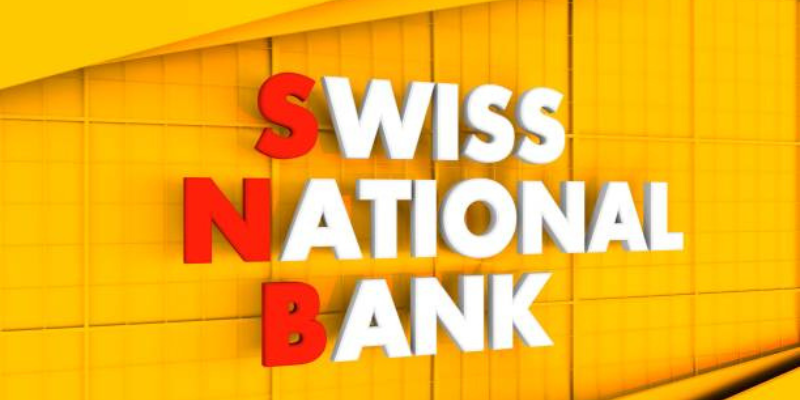Swiss National Bank (SNB) has settled a $226 million World Bank bond and issued $843 million in digital bonds as part of a two-year extension of the CBDC trial.
TakeAway Points:
- The Swiss National Bank is aiming for greater financial institution participation and higher transaction volumes by extending its wholesale CBDC pilot programme by two years.
- The digital franc has settled over 1 billion francs in digital assets, including a notable $226 million World Bank bond.
- Six commercial banks, including Commerzbank and UBS, are testing the currency with SIX, the provider of the Swiss stock exchange.
SNB Extends CBDC Pilot
The Swiss National Bank (SNB) has announced the extension of its wholesale central bank digital currency (CBDC) pilot for an additional two years. Initially launched in December and set to conclude on June 30, the project has been deemed “very successful,” according to Governing Board member Antoine Martin.
The extension aims to broaden the scope of the pilot, inviting more financial institutions to participate and expanding the range of financial transactions that can be settled using the digital currency.
“The SNB hopes that additional financial institutions will participate over time and that wholesale CBDC can be made available for a wider range of financial transactions,” Martin stated.
The pilot involves issuing real money on a blockchain, which financial institutions can use for transactions with the central bank. Unlike other digital currency pilots, such as those in China, this initiative focuses solely on wholesale applications, meaning consumers cannot hold the digital currency.
Technological Advancement
The SNB’s initiative is part of a broader global trend, with many central banks exploring the potential of CBDCs. However, the Swiss effort stands out as a global first in the realm of wholesale digital currencies.
SNB President Thomas Jordan emphasized the importance of staying at the forefront of financial innovation, stating, “I believe it is important for us to stay at the forefront of financial innovation.”
Technological advancements are putting pressure on central banks worldwide to adapt. Bundesbank chief Joachim Nagel recently highlighted the need for central banks to “speed up” their adaptation to digital currencies.
The SNB’s pilot has already seen significant milestones, including the settlement of at least six bond issuances on SIX’s digital exchange in Zurich. Notably, a 200 million-franc ($226 million) World Bank bond was settled using the digital franc, marking the first franc-denominated digital bond issued by an international entity.
Tokenization
Tokenization, the process of representing assets like stocks or bonds as digital tokens on a blockchain, is gaining traction globally. Citigroup Inc. predicts that up to $4 trillion worth of tokenized securities could exist by 2030.
The SNB’s pilot is a significant step in this direction, integrating various aspects of issuing and trading tokenized bonds. The SIX Digital Exchange, established in 2021, is the world’s first fully regulated venue for trading digital bonds and stocks.
David Newns, head of SIX Digital Exchange, described the recent phase of the pilot, Project Helvetia III, as “a resounding success.” The project involved the issuance of seven digital bonds totaling more than 750 million francs ($843 million).
“What we’re talking about here is as good as the traditional infrastructure,” Newns said.
The success of the pilot has led to a tripling of participating members, who are now using the platform to further their digital ambitions.































